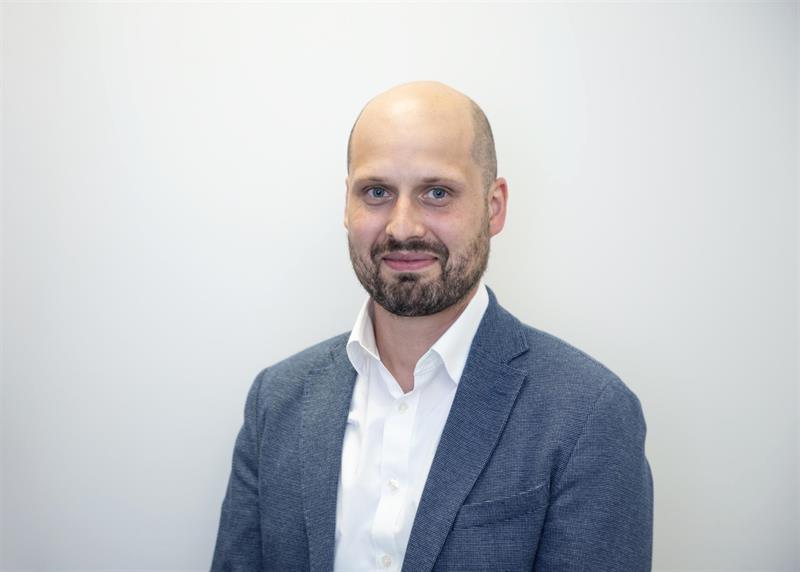Q&A with Consultant Neurologist Dr Michael Bonello to raise awareness on Rare Disease Day
Date: 29 February 2024

To highlight Rare Disease Day at The Walton Centre, we have asked Dr Michael Bonello, a Consultant Neurologist, some questions about neurogenetics and what The Walton Centre is doing to help people who have these specific disorders.
What is neurogenetics?
Neurogenetics is a branch of medicine that combines principles of genetics and neurology, focusing on the genetic underpinnings of neurological conditions. It aims to understand the genetic causes and mechanisms of these diseases to develop targeted treatments. In the context of rare diseases, neurogenetics plays a critical role in identifying specific genetic mutations that lead to rare neurological conditions. Modern advances in computing power have enabled faster diagnostic mechanisms, such as whole genome sequencing, which is now available on the NHS, speeding up the diagnostic journey and providing a better understanding of the pathophysiology of rare diseases. Recent advances have also expanded testing, proving crucial in gaining a better understanding of the mechanisms of both rare and common diseases. Excitingly, genetics is expanding into the realm of disease treatments for previously incurable disorders.
What kind of neurogenetic disorders do you see in your clinic? Can you tell us about some of the rarest disorders out there?
At The Walton Centre, multiple clinics provide support for rare genetic disorders. The centre runs various subspecialty clinics where appropriate genetic investigations can be conducted. These include specialist clinics for movement disorders, neuromuscular conditions, epilepsy, and cognitive disorders. In the neurogenetics clinics run by Dr. Jenny Higgs (Genetics Consultant) and myself (Neurologist), we provide diagnostic support to patients who require genetic investigations. These patients include those with hereditary ataxia, spastic paraparesis, and genetic movement disorders, among others. The centre also runs specialized clinics for Huntington’s Disease (led by Dr. Alusi and Dr. Davies) and Spinal Muscular Atrophy (SMA) (led by Dr. Dougan), providing disease-modifying treatments to eligible patients. Genetic treatments are on the horizon, and we are excited about potential new treatments in the pipeline for other rare genetic disorders, with the first disease-modifying treatment for Friedreich’s Ataxia recently approved by the FDA in the USA and currently being assessed by UK regulators.
What do we do at The Walton Centre to help people who have neurogenetic disorders? How does your clinic support patients?
The centre also offers medical support for patients with various debilitating rare disorders. Neurogenetic disorders can be associated with physical disability, and various types of complex treatments, such as EMG/US-guided botulinum toxin injections, are delivered in neuro-rehabilitation and movement disorders clinics. Eligible patients can pursue neurosurgical treatments like deep brain stimulation surgery, hoping to improve symptom control and quality of life.
The implications of receiving a genetic diagnosis affect not only the patients themselves but also their wider family members. Our team has close links with counselling services provided by the Liverpool Women’s genetic services to help support patients in understanding their conditions. We also have strong links with the NHS Northwest genomic labs and are actively involved in multidisciplinary meetings to integrate clinical and laboratory work. This helps interpret very complex results in clinical settings to provide the most appropriate diagnostic outcomes.
Neurogenetics is a constantly evolving medical field, with new advances constantly on the horizon, providing a challenging, complex, but rewarding branch of neurology.
- Summary:
To celebrate Rare Disease Day at The Walton Centre, we have asked Dr Michael Bonello, a Consultant Neurologist, some questions about neurogenetics and what The Walton Centre are doing to help people who have these specific disorders.